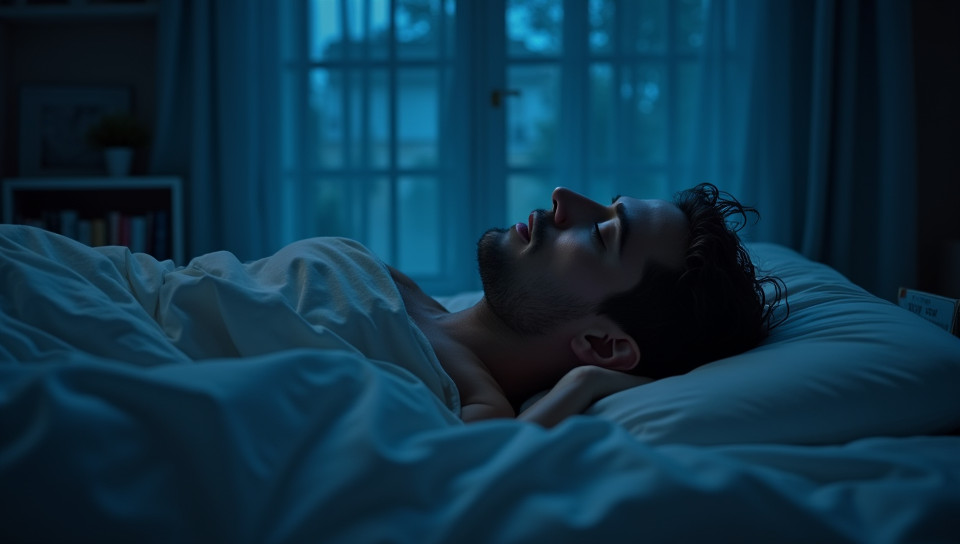Excessive physical activity at night is a stress symptom 75%

The Hidden Symptom of Stress: Excessive Physical Activity at Night
Do you often find yourself pacing back and forth in your room, unable to shake off the feeling of restlessness? Or perhaps you're the type who can't help but fidget with something – a pen, a toy, or even your own hair. These behaviors may seem innocuous, but they could be indicative of a more serious issue: excessive physical activity at night as a symptom of stress.
Understanding Stress and Physical Activity
Stress is a natural response to perceived threats or pressures. When we're under stress, our body's "fight or flight" mechanism is triggered, releasing hormones like adrenaline and cortisol into our system. These hormones prepare us to either confront the threat or flee from it, increasing our heart rate, blood pressure, and energy levels.
The Connection Between Stress and Physical Activity at Night
While physical activity during the day can be beneficial for both body and mind, engaging in excessive physical activity at night can have negative consequences. This can include:
- Insomnia and disrupted sleep patterns
- Anxiety and restlessness
- Increased heart rate and blood pressure
- Digestive problems and weight gain
- Weakened immune system
Why Do People Engage in Excessive Physical Activity at Night?
There are several reasons why people may engage in excessive physical activity at night, including:
- Overthinking or rumination: Stress can lead to negative thought patterns, making it difficult to relax and wind down.
- Boredom or restlessness: Some individuals may feel the need to keep their minds active or engaged, even when they're trying to sleep.
- Anxiety or fear: Physical activity can be a coping mechanism for anxiety or fear, providing a temporary distraction from worries.
Breaking the Cycle of Excessive Physical Activity at Night
If you find yourself engaging in excessive physical activity at night due to stress, there are steps you can take to break this cycle:
- Establish a relaxing bedtime routine
- Engage in calming activities, such as reading or meditation
- Avoid screens and electronic devices before bed
- Practice deep breathing exercises or progressive muscle relaxation
Conclusion
Excessive physical activity at night is not just a harmless habit; it's a symptom of underlying stress that can have serious consequences for our mental and physical health. By recognizing the signs and taking steps to manage our stress, we can break free from this cycle and cultivate healthier habits. Remember, rest is not laziness – it's a vital component of maintaining overall well-being. So, the next time you find yourself pacing or fidgeting at night, take a step back, breathe deeply, and prioritize your health and relaxation.
- Created by: Mikołaj Krawczyk
- Created at: Feb. 18, 2025, 12:06 p.m.
- ID: 20770







